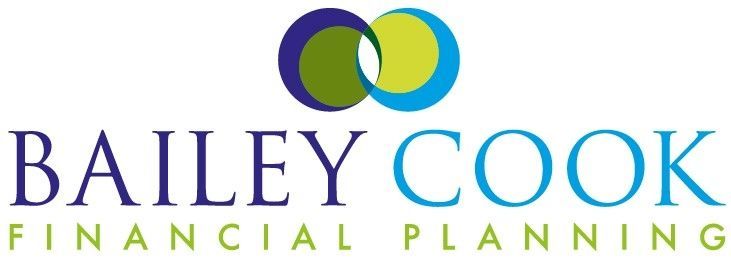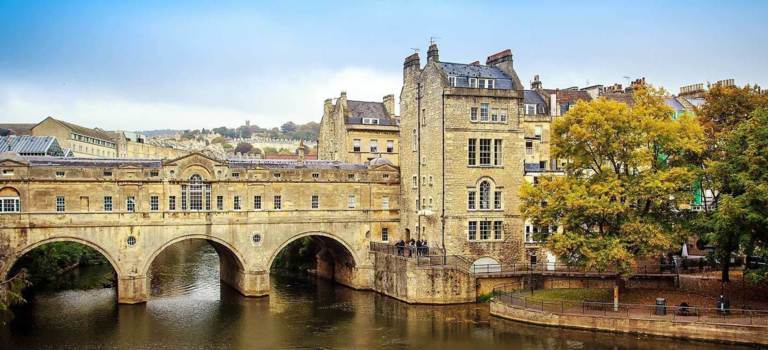News

A pre-Halloween Scare!?
Friday 4th October 2024
Our focus today is on the new Government’s first Budget since 2009, taking place on the 30th October.
Will it be the pre-Halloween scare that has generated so much publicity and rumour? The prelude to this is both Chancellor Reeves and Prime Minister Starmer lamenting how they fill the “£22 Billion black hole” with “tough decisions” needing to be taken.
Rachel Reeves has pledged no return to austerity, leaving few options other than raising taxes. This could result in a complex package of measures, balancing economic realities with manifesto commitments. The potential tax raising measures have been the subject of much speculation and been great fodder for our media.
One main area is pension changes covering:
- Reduction in the Tax-Free Lump Sum to a maximum of £100,000. Whilst the Lifetime Allowance has been removed a cap of £268,275 on the tax-free lump sum is currently in place. With pension legislation there tends to be transitional protection of what people have accumulated to date, and we’d have thought would been very difficult to change this. Indeed, several of our clients have this protection of a higher figure already. In addition the ramifications of this are huge, impacting public sector workers. Civil Servants, who design the legislation, could be described as “Turkeys voting for Christmas” if implemented.
- Various rumours on tax relief on pension contributions being restricted to basic rate tax of 20% or indeed a halfway house of 30% tax relief for all. This would be a big tax system change and highly complex to implement. Pension tax relief cost the Treasury £48.7 billion in 2023 and so is a huge figure if they can restrict it in some way, but is definitely in the “too difficult” column to our minds, at least in the short term.
- To apply National Insurance on Employer Pension contributions. National Insurance is just another form of income tax and with a promise of no increase in Income or Corporation Tax, to apply National Insurance on such contributions doesn’t make sense. Indeed, if the main aim of this Government is to encourage growth how can you justify an extra cost to business?
- Pensions funds are currently free of Inheritance Tax on death and the way pension funds are taxed on death may change. It won’t generate much tax in the short term but it is our biggest fear and impact on advice for our clients.
One of Government’s main aims is to encourage pension funds to invest in UK shares to generate growth in the UK. This is why Rachel Reeves announced there would be a Pension Review in her Labour conference speech. To make changes in this Budget doesn’t therefore seem to make any sense, but who knows?!
The main areas we expect to be reviewed are Capital Taxes, and mainly Capital Gains Tax (CGT). Indeed, you may recall (under the last government) the Office for Tax Simplification (OTS) produced a review of CGT in November 2020, so a “Blue Peter” moment of “one we made earlier” could be brought into action.
So, what might the Government do?
1. Align with Income Tax Rates and/or abolish thresholds
Given that those who pay CGT are twice as likely to pay Higher-rate Income Tax as taxpayers generally, the Treasury might have its sights set on aligning rates of CGT and Income Tax. CGT is currently levied at 10% for basic-rate taxpayers and 20% for higher and additional-rate taxpayer (or 18% and 24% whereby gains relate to a second home or buy-to-let property).
If Chancellor Reeves sought to bring CGT into line with Income Tax it would double for basic and higher-rate taxpayers (20% and 40%, respectively) and jump to 45% for additional-rate taxpayers. Such a shift could both simplify the system and raise tax revenue. Whilst the last government stated they would not implement the proposals made they did in fact reduce the annual exemption from £12,300 to now £3,000 with the OTS report recommending a level between £2,000 and £4,000. The next step may well be the annual exemption being abolished.
2. Widen the net
The Government has asked the OTS to examine reliefs, so the principal private residence relief (whereby no tax is due when selling your main home) could be on the chopping block. This exemption was worth an estimated £26.7 billion in 2018-19, according to the National Audit Office.
A big tax take but the fall-out that would occur from this seems one we doubt the Government will want to suffer. Indeed, changes to this would particularly penalise those who have lived in their property a long time, dissuading older generations from downsizing and unlocking housing stock that could be used more efficiently by younger families. It would also fly in the face of encouraging property ownership for the young and the housebuilding pledge they have made.
3. Levy CGT on death
When someone dies assets are effectively revalued at the date of death and the family members who inherit the assets have a new base price of the probate valuation. The quid pro quo in this respect is that they are subject to Inheritance Tax (IHT) instead but then there is the potential for a combined £1 million of Nil Rate Bands.
4. Abolish Entrepreneurs relief
The CGT review incorporates how gains are taxed for both individuals and smaller businesses. Business asset disposal relief, known until recently as Entrepreneurs’ relief, reduces CGT on sales of all or part of a business to 10%. This is subject to a lifetime limit that was reduced from £10 million to £1 million on 11 March 2020. Further reductions could apply.
5. Introduce a Wealth Tax
An annual tax on the value of an individual’s assets has long been mooted as a revenue raising possibility, targeted at the more affluent. We heard it after the global financial crisis and it’s back on the agenda. In the past, it was often referred to as a ‘mansion tax’, but issues around taxing illiquid assets for those who are often asset rich but cash poor don’t seem viable, unless of course it becomes a debt repayable on moving or death.
Concluding thoughts . . .
One aspect that is important, we think, is that Rachel Reeves in her Conference speech last week announced the Government will employ a further 5,000 people at HMRC. Bear in mind HMRC wanted to close their help line for six months which thankfully never went ahead. It’s whether the additional staff are a welcome boost to get them back in line to an extent with numbers or a concerted effort to deal with any changes coming.
It is perhaps natural to want to make or change financial plans in anticipation of potentially adverse upcoming Budget measures, but practically this is very difficult to do with 100% confidence. The volume of noise in the Press about specific proposals does not necessarily equate to what the Chancellor will actually do. We know there is a clear need for the Government to raise money, but it is impossible to accurately predict what measures they will implement and when. As at the time of writing the Budget changes will not even have been finalised! Some of you have already made changes in advance of the Budget as you feel that is right for your circumstances. We will wait and see for what is probably one of the most speculated upon and anticipated Budgets ever.
We finish on an appropriate quote by Winston Churchill:
"For a nation to try to tax itself into prosperity is like a man standing in a bucket and trying to lift himself up by the handle."



